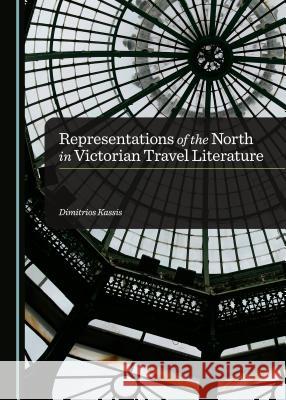Representations of the North in Victorian Travel Literature » książka
Representations of the North in Victorian Travel Literature
ISBN-13: 9781443870849 / Angielski / Twarda / 2015 / 370 str.
Travel literature has always been associated with the construction of utopias which were founded on the idea of unknown lands. During their journeys in foreign lands, British travellers tended to formulate various critical opinions based on their background knowledge of the country visited. Their attempts to interpret other nations were often misinterpretations of the peoples in question as the Other. At the close of the eighteenth century, when Grand Tourism started to fade away and travelling became a mainstream activity for the middle-class Briton, travel writers attempted to identify with the corners of Europe which had not been spoiled by the spirit of industrialisation. Influenced by the concepts of the Noble Savage, the Volksgeist and the Theory of Climate, British travellers were eager to discover a utopia in sequestered places commonly labelled as peripheries, like Scandinavia. Moreover, throughout the nineteenth century, racial theories such as Teutonism, Anglo-Saxonism, and Nordicism dominated the imperialist discourse of Britain. As such, an increasing number of Victorian travellers treated the North as a utopian locus which could be examined in the light of the aforementioned racial theories, or were attracted to the Nordic countries due to their rediscovery of Old Norse literature. This book deals with travel narratives on the North that were produced from 1784 to 1897 by both male and female writers whose conceptualisation of gender impacted their writing. In addition, it demonstrates that these travellers address Britishness through the narrative positions they assumed and through their split cultural identity: partially British, yet concurrently English, Irish, Scottish or Welsh. Given the increasing anti-Celtic spirit which emerged at that time, it is worth reflecting upon the instances in which the North was viewed as the hotbed of racial discourse on British nationhood.











